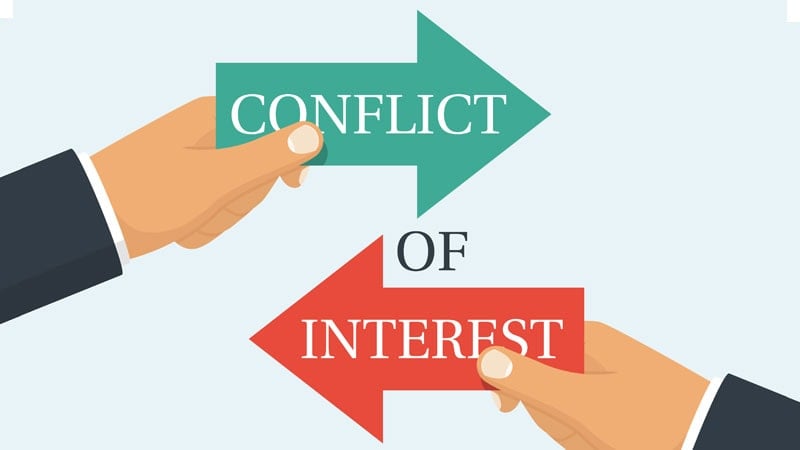Let's say that I recognize the benefits of centralization and consolidation as well as the inefficiencies that are inherent with the redundancies of small practice, all truths. Let's say that I want to squeeze whatever efficiencies I can out of the system, be it contracting for more favorable rates from both payers and vendors, easiest accomplished by establishing a managed services corporation (MSO). Sounds expensive, right? It is. Say I seek alternative financing to enable, scale, and empower this venture, understanding that efficiency is the most viable path forward.
Wow, there’s a lot to unpack here.
Much of what you’re describing ("squeeze whatever efficiencies I can out of the system") is well within the wheelhouse of a consultancy firm for hire, paying an MSO for their service (if they offer a service that will actually provide more value to you than what you provide them), bringing a business person in house...or a combination of these.
It's true that companies will pay a decent chunk of change for the above options, but at the end of the day many reckon it'd be nice to not have to implement every recommendation that's made by "admin" and actually retain control over their own business and work life.
I'm very familiar with a large multi-specialty group that did exactly this. Rather than allowing themselves to be bought out by PE, they instead hired a healthcare consultant to help them through restructuring their practice when they merged with another group. I heard from a buddy who works there that the group only implemented about 60% of the consultant's recommendations and ignored others including a proposed cut to physician time off allowance. These docs did end up recognizing that they could benefit from having a pure business person for their practice...so they
hired a full-time MBA. The MBA helps market the practice, handles HR stuff, and serves as an
advisor to the physician owners of the practice. While their docs are allowed to buy into partnership after 3 years there, the MBA is not given the opportunity for equity. And why would they be? The MBA is their employee and is incapable of ever delivering the product (medicine) and so, while intelligent, will never be able to fully understand the implications that business decisions have on patient care and
physician satisfaction.
Am I a bad guy for enabling your life to be better?
This statement is built on two false premises. First, your character has not been in question -- I bet you're a nice guy. Second, nothing you've stated shows that, at the end of the day, PE owning physician practices makes physicians' lives better. I've now seen many instances where physicians can make the lives of PE investors better. However, outside of the initial payday for the docs that sell to PE, I've yet to see the opposite occur where PE makes physicians' lives better on the regular day to day. That said, if PE has a way to allow me to legitimately take better care of patients while making more money for the same amount of work, stress, and time off that I currently have then I'm all ears.
Ponder before knee jerking.
This is an excellent example of gaslighting. Might as well add that "the beatings will continue until morale improves."


